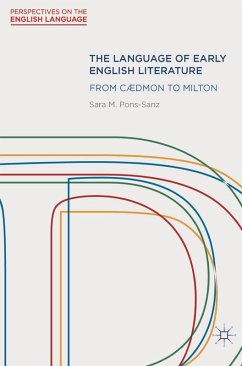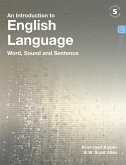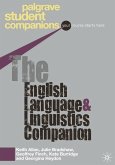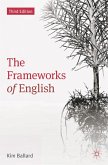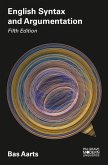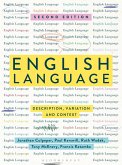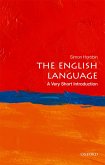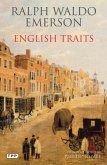How did the English language change from the Old to the Early Modern period? What effect do linguistic and stylistic choices have on a text? Why is it important to consider linguistic features together in a work?
The grammar and vocabulary of the English language changed dramatically between the Old and Early Modern periods. These changes in language usage are explored in The Language of Early English Literature by examining the effect of authors' linguistic choices on the descriptions of characters, events, and situations. Written with today's undergraduate student in mind, this
textbook is a highly rewarding guide to the rich history of the English language and literature.
The Language of Early English Literature:
- Provides detailed explanations of linguistic features, such as word formation, phrase structure, syntax, and semantics
- Analyses a wide range of texts from Old English, Middle English and Early Modern English, and establishes comparisons with works written in other languages
- Includes an invaluable glossary and an extensive bibliography
The grammar and vocabulary of the English language changed dramatically between the Old and Early Modern periods. These changes in language usage are explored in The Language of Early English Literature by examining the effect of authors' linguistic choices on the descriptions of characters, events, and situations. Written with today's undergraduate student in mind, this
textbook is a highly rewarding guide to the rich history of the English language and literature.
The Language of Early English Literature:
- Provides detailed explanations of linguistic features, such as word formation, phrase structure, syntax, and semantics
- Analyses a wide range of texts from Old English, Middle English and Early Modern English, and establishes comparisons with works written in other languages
- Includes an invaluable glossary and an extensive bibliography

